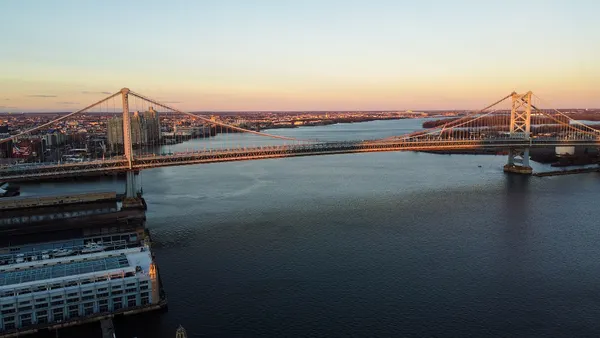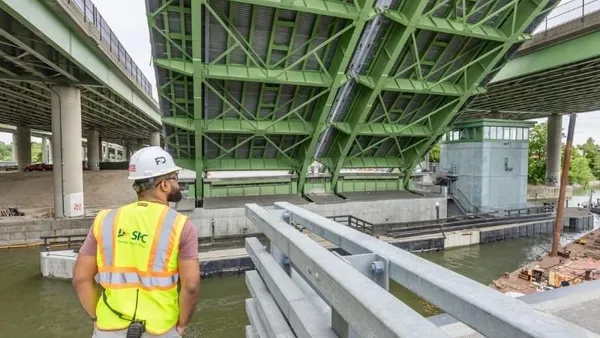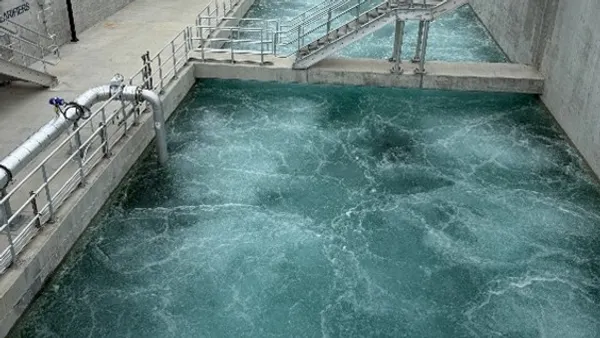Dive Brief:
- The Federal Transit Administration has approved a $647 million grant to electrify a portion of the Caltrain rail system, ending efforts by California Congressional GOP members to scuttle the $2 billion project, according to the San Francisco Chronicle.
- The funding will help Caltrain convert an existing line between San Francisco and San Jose, CA, so that it can accommodate faster electric trains that can carry more commuters. Eventually, the California High Speed Rail Authority's $63 billion bullet train will share part of the line.
- Under pressure from state Republicans, who said they were against any project benefiting the high-speed rail, the Trump administration in March delayed the electrification grant. The FTA said funding approval would come after federal lawmakers had reviewed the 2018 budget.
Dive Insight:
The FTA reversal was helped along by California Democrats, who countered that the project was vital to the local economy and that it would generate 9,600 jobs, which include positions with equipment manufacturers in Texas, Utah and Florida.
State Republicans argued that the grant should be delayed until the California bullet train, which has faced legal challenges regarding its connection to the electrification project, could be audited.
The high-speed rail project's alleged financial problems have been an issue for California lawmakers for some time. The authority has approved more than $60 million in delay-related change orders for lead contractor Tutor Perini, and there could be more to come. Most recently, the Los Angeles Times also reported that the bullet train could end up with a $3.6 billion cost overrun, a claim that the CHSRA denies.
The rail line has also faced logistical and public relations challenges in its efforts to get the system up and running. The CHSRA decided to flip its inaugural route to run out of northern California instead of Los Angeles because of the work and expense involved in tunneling through a mountain range north of the city.
There have also been allegations that the rail authority was not completely upfront about the viability of the project when it made its original pitch to lawmakers, but investigations haven't yielded much in the way of evidence to support those claims — at least not enough to stop the project.













